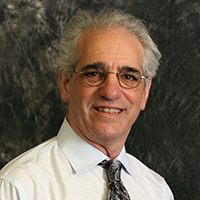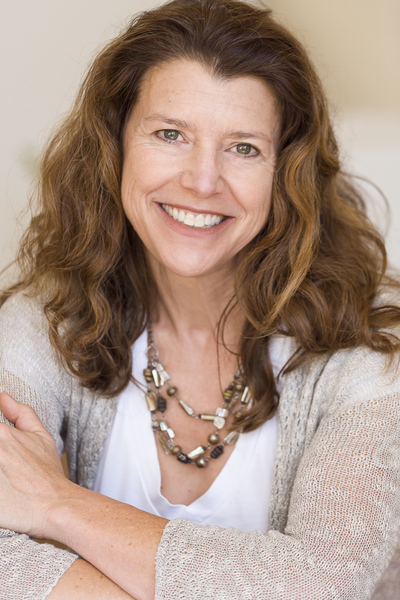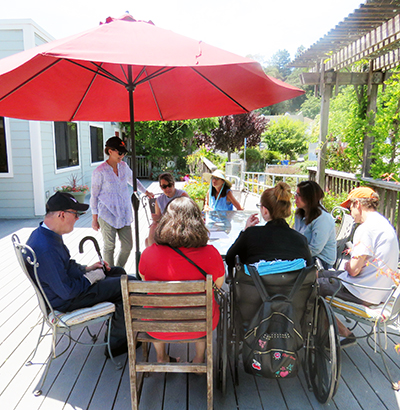 Schurig Center is pleased to announce that Lawrence Strick has joined its Board of Directors.
Schurig Center is pleased to announce that Lawrence Strick has joined its Board of Directors.
Mr. Strick is a principle at Strick Schnasse Lawyers, representing plaintiffs in personal injury cases in the San Francisco Bay Area. He is a graduate of the University of San Francisco School of Law, and brings with him previous non-profit Board experience with Marin Interfaith Council, Community Media Center of Marin, and the Marin County Bar Association. Mr. Strick is excited to apply his talents as an ambassador for Schurig Center to support the organization’s fundraising efforts as well as acting as an advocate for brain injury survivors and their families.
“As a trial attorney, Larry Strick has represented people who have also been clients of Schurig Center for Brain Injury Recovery. His understanding of the challenges brain injury survivors and their families face, his role as former Marin County Bar Association President, and his non-profit experience make him a most welcome and knowledgeable addition to the Schurig Center Board of Directors,” says Kim Strub, Schurig Center Board President.

 Dear Friends,
Dear Friends,  Schurig Center is a place where survivors and their families and caregivers can learn how to understand their new challenges, connect with people who know what they are experiencing and access ongoing services and education to help make life better. It fills a big gap in our healthcare system that otherwise would leave people on their own to research and find therapies for their recovery.
Schurig Center is a place where survivors and their families and caregivers can learn how to understand their new challenges, connect with people who know what they are experiencing and access ongoing services and education to help make life better. It fills a big gap in our healthcare system that otherwise would leave people on their own to research and find therapies for their recovery.